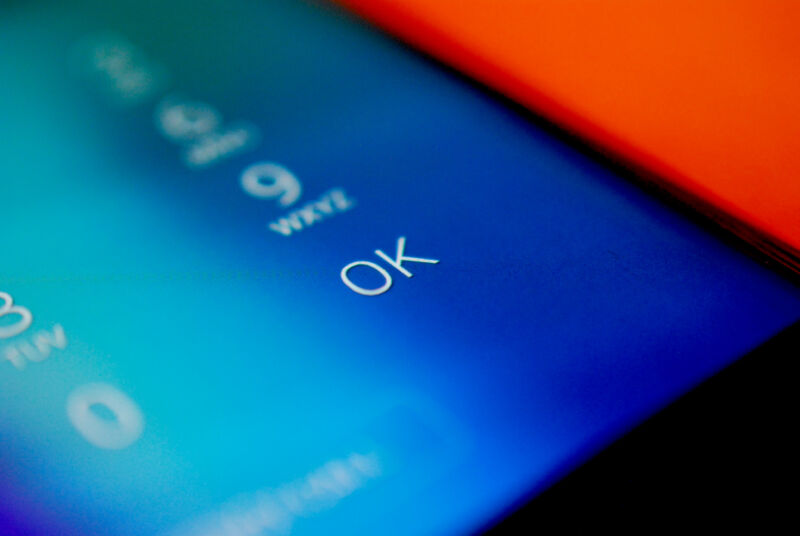Just turning your phone on qualifies as searching it, court rules

Enlarge / A close-up of the PIN entry form on a smartphone's unlock screen. (credit: Nehru Sulejmanovski | EyeEm | Getty Images)
Smartphones are a rich data trove not only for marketers but also for law enforcement. Police and federal investigators love to get their hands on all that juicy personal information during an investigation. But thanks to the Fourth Amendment of the US Constitution and all the case law built upon it, police generally need a warrant to search your phone-and that includes just looking at the lock screen, a judge has ruled (PDF).
Usually when the topic of a phone search comes up in court, the question has to do with unlocking. Generally, courts have held that law enforcement can compel you to use your body, such as your fingerprint (or your face), to unlock a phone but that they cannot compel you to share knowledge, such as a PIN. In this recent case, however, the FBI did not unlock the phone. Instead, they only looked at the phone's lock screen for evidence.
A man from Washington state was arrested in May 2019 and was indicted on several charges related to robbery and assault. The suspect, Joseph Sam, was using an unspecified Motorola smartphone. When he was arrested, he says, one of the officers present hit the power button to bring up the phone's lock screen. The filing does not say that any officer present attempted to unlock the phone or make the suspect do so at the time.
Read 5 remaining paragraphs | Comments